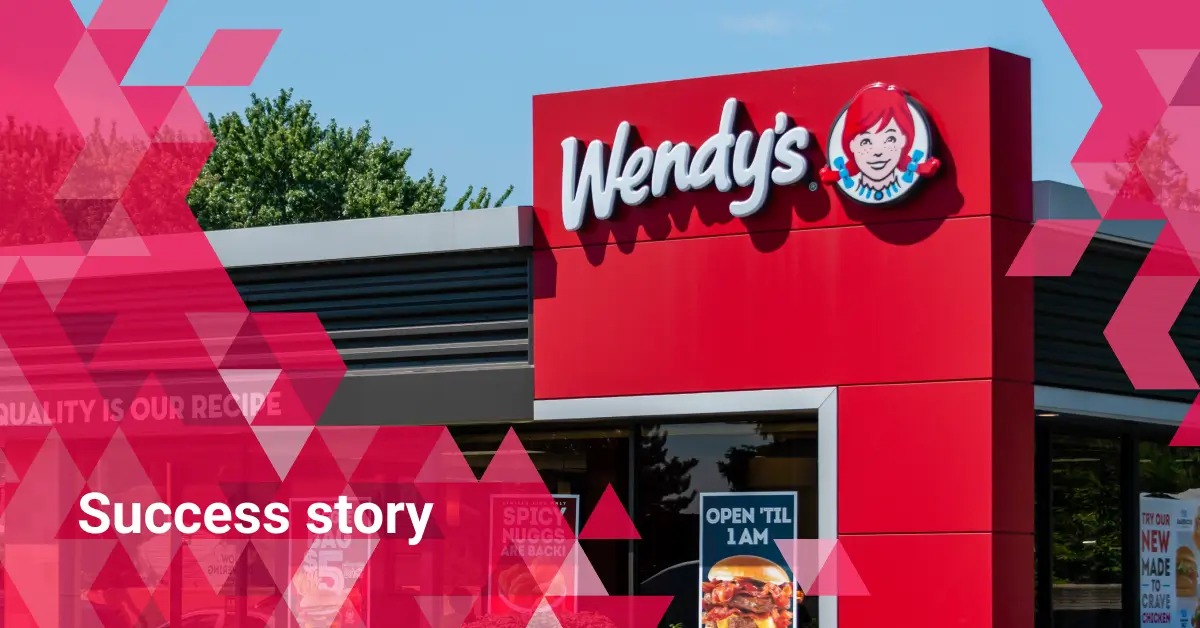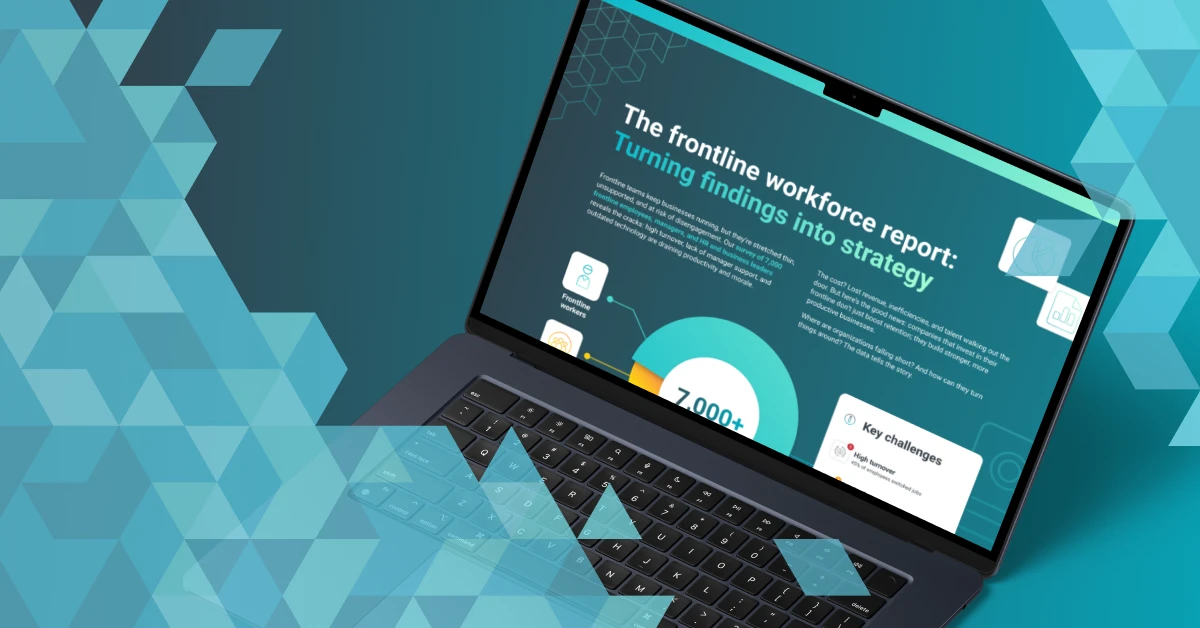What does it mean to be efficient in the workplace? For a long time, companies thought efficiency was synonymous with robotic precision, leaving little room for improvisation or deviations from a strict standard. They wanted everything to fit into a perfect process that was followed to a T.
But people aren’t robots. Our greatest strengths lie in our very human propensity for creativity, complex problem-solving, and independent thinking. That means the best ways to improve efficiency in the workplace don’t just remove obstacles and ease frustrations. They empower employees to find innovative solutions.
Efficiency Isn’t Just About Working Harder
It’s easy for managers to tell employees to simply work harder. But what does that really mean for frontline workers? Should line workers speed through the manufacturing process? Should retail associates bombard customers with new products? These don’t sound like good ways to operate.
As the saying goes, people should work smarter, not harder. In practice, that means that the conditions in which they work should allow for better decision-making.
A recent study published by Harvard Business Review found that
87% of survey respondents say their organization will be more successful when frontline workers are empowered to make important decisions in the moment.”
The ability to make the right decision at the right time is key to efficiency. But how do you achieve it? By making it easy for employees to do their best work.
Top 5 Ways to Improve Efficiency in the Workplace
The top ways to improve efficiency in the workplace are:
1. Make Documentation Easy to Find
Frontline workers need access to documents related to processes, training, and product specs. But for frontline workers, finding the documents they need can be difficult to track down, particularly if they don’t have access to a company email account.
Our research shows that frontline workers spend as much as four hours a week looking for documentation. That’s 10% of the workweek.
2. Streamline Shift Scheduling
If the last several years have taught us anything, it is that life can change in an instant. In that instant, schedules can turn upside down. Whether employees call in sick, need to trade shifts, or require a completely new routine to accommodate new life changes, maintaining adequate staffing while ensuring employee needs are met can be a delicate balancing act.
A central scheduling hub can make a big difference. This hub:
- Gives all employees access to the schedule
- Lets employees request schedule changes, trade shifts, and get the support they need
- Helps managers make quick changes and long-term plans
With the right scheduling tools, everyone wins.
Pro tip: Our Frontline Trends Report can help you navigate the complexities of the frontline worker technology landscape. Click here to download.
3. Eliminate Unnecessary Meetings
How often have you heard someone say, “That meeting could have been an email”? We all know that frustration. If there is a fast and easy way to pass along information, there is no need for long meetings.
The problem is that many frontline workforces don’t currently have an easy and fast way to communicate. Often, managers can’t just send an email or post a notice in the breakroom. Without a central communication hub, employees are stuck attending meetings or risk missing out on important messages.
With a communication platform, however, it’s easy to provide frontline workers with the information they need, whether they’re behind the register, in a delivery truck, or on the factory floor. This gives them back valuable time while ensuring they have what they need to perform at their best.
Some team-building meetings are vital. Some updates have to be communicated face-to-face. But eliminating unnecessary meetings frees frontline workers to focus on the task at hand.
4. Promote Recognition
One of the great obstacles to efficiency is turnover. Turnover is disruptive, leads to a loss of expertise, and forces managers to spend more time training. It can damage morale and impair team-building. So how do you limit turnover? One key strategy is recognition.
People want to work at an organization that wants them to work there. If employees feel seen and their work recognized by both management and their peers, they feel more comfortable, motivated, and invested.
In fact, an employee who has received recognition is 67% less likely to leave their job in the next 6 months.
At a time of widespread labor shortages, that matters. Finding meaningful ways to recognize frontline workers improves retention and is one of the most powerful ways to improve efficiency in the workplace.
5. Foster Communication Across Locations
When frontline workers have the knowledge to make smart decisions and the resources to find answers to their questions, they work more quickly and efficiently. One of the best ways to make this happen is by fostering communication across an organization. When employees can share information, talk about problems, and discuss solutions, the collective knowledge within the organization expands.
No one can be trained to face every possible situation. But open communication empowers workers to be resourceful and creates opportunities for ongoing learning.
Innovative Technology Fosters Efficiency
Communication and collaboration technology is transforming frontline work and allowing businesses to harness new ways to improve efficiency in the workplace. A mobile workforce management platform, like Beekeeper, is a repository for information, communication, and connection. With these three elements, frontline workers have the power to work more efficiently and become more engaged members of their organization.
Beekeeper opens up new ways to improve efficiency in the workplace. Want to learn more? Request a demo today.

About the author
Beekeeper
We make frontline lives easier, work safer, and teams more connected so businesses can reach new heights. At Beekeeper, we’re dedicated to making frontline lives easier by connecting workers with the tools, support, and information they need to feel valued, do their best work, and drive the business forward.








